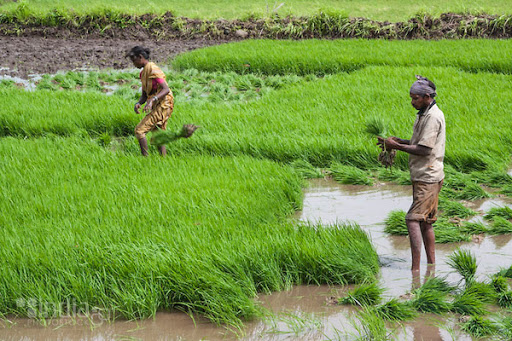Agricultural Geography is the study of spatial patterns in agricultural activity. The major themes include variations in agricultural activity within the main biomes, the delimitation of agricultural regions, the study of agriculture as a system, and the classification of agricultural systems. There are so many aspects included in agriculture as intensive/extensive; commercial/ subsistence; shifting/sedentary and pastoral/arable/mixed. Agricultural Geography is a vast subject covering a very wide range of topics. These topics are very interesting to every citizen of a country when studied with a strong desire to develop the nation. Some agricultural geographers are concerned with the way in which agricultural systems change with levels of development. In this episode, the following aspects are highlighted: • Origin of agriculture: • Physical factors and agriculture • Socioeconomic factors and agriculture: • Irrigation: • Agricultural systems of the world: • Agricultural statistics & modeling: • Agricultural regionalization. The following are the major outcomes of this course;
CO1. Understand the spatial distribution of agricultural phenomena.
CO2. Analysing the agricultural practice and cultural development.
CO3. Evaluate the interrelationship between geographical knowledge and agricultural practice in everyday living.
CO4. Evaluate the effects of agricultural policy measures in regional disparities.
CO5. Demonstrate the ability of analysing agricultural problems from their own perspective.
CO6. Demonstration of appreciation for the contribution of agricultural sector in the economic development.

- Teacher: Dr. Suresh S
- Teacher: Dr.Shalima SM